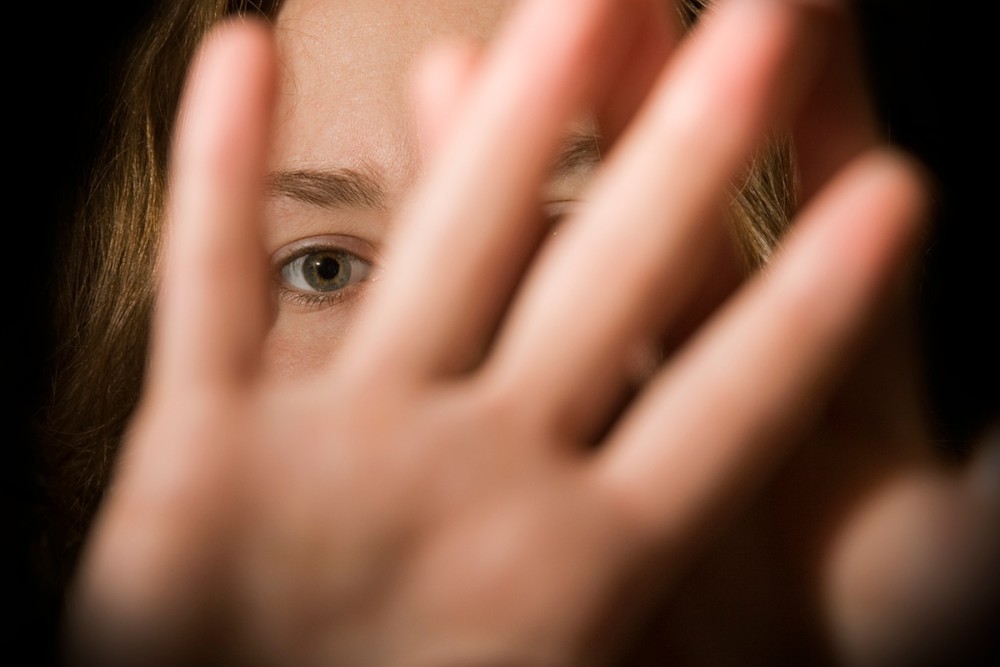Becoming less defensive about white privilege
The Christian faith provides some tools for letting go of our defensiveness.

One of the unspoken privileges of being white in America is the privilege to assume that racism is not a pressing topic. To many white people, it makes little sense to expend energy talking about something largely remote from their daily experience. Race is what other people have, and racism is what other people are responsible for. When one’s life is shaped within the confines of neighborhoods, schools, workplaces, and worship settings that are mostly or entirely white, whiteness feels quintessentially American. It’s normal. The standard. The default. Every other skin color is abnormal, other, diverse.
Because structural racism gets discussed so reluctantly within white enclaves, it’s little wonder that racial illiteracy rears its head when a death like George Floyd’s occurs and millions take to the streets. Suddenly white innocence gets exposed, and people race to catch up on what they have largely ignored. Hefty reading lists get shared. Antiracism titles go on back order. Uncomfortable conversations about white privilege tumble into the open as people try out new vocabularies and test their voice.
Racial credentialing enters the scene, too: I have a couple of friends who are black . . . Shaming goes on a rampage. Guilt ratchets up. Defensiveness shifts into high gear.




